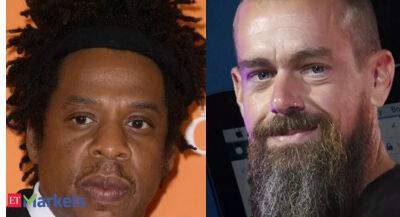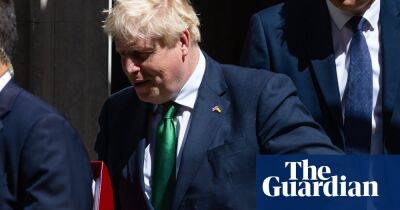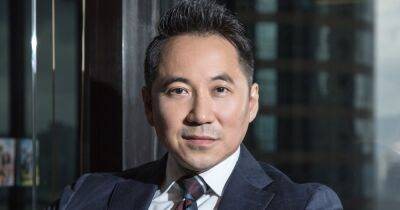Who pays the ‘real living wage’ in Britain – and who does not?
The “real living wage” is set by the Living Wage Foundation (LWF) and is £9.90 across the UK and £11.05 in London. It is independently calculated based on what people need to get by and is currently paid by more than 10,000 businesses. The organisation runs an accreditation scheme where businesses are committed to paying all staff and those in their network the living wage. Here we look at some of the big players in retail that have received accreditation for paying the living wage, and some that have not.
Burberry
The fashion powerhouse was accredited by the LWF in April 2015. The luxury British brand is listed on the London Stock Exchange and has more than 9,000 employees worldwide. Its chief executive, Jonathan Akeroyd, took the helm last October after being the boss at rival fashion house Versace since 2016. He had also held jobs at Alexander McQueen and Harrods. Akeroyd was given a £6m “golden hello” for leaving his previous position, with a deal to be paid a base salary of £1.1m, with a maximum annual bonus worth up to 200% of his base, and a share plan worth 162.5% of annual salary.
Ikea
The flatpack Scandinavian furniture retailer was accredited by the LWF in March 2016. The Sweden-based company was founded in 1943 and rapidly expanded to have stores in 30 countries and 225,000 employees. The company was praised by the retail trade union Usdaw last year for being “one of a few retail employers who pay the real living wage”. Jesper Brodin is chief executive of Ingka group, the holding company that controls most Ikea stores globally, but in the UK its boss is Peter Jelkeby, who according to documents at Companies House was paid £268,000 in 2019 and £271,000 in 2020.
Lush
The cosmetics firm was accredited by the LWF in
Read more on theguardian.com




















